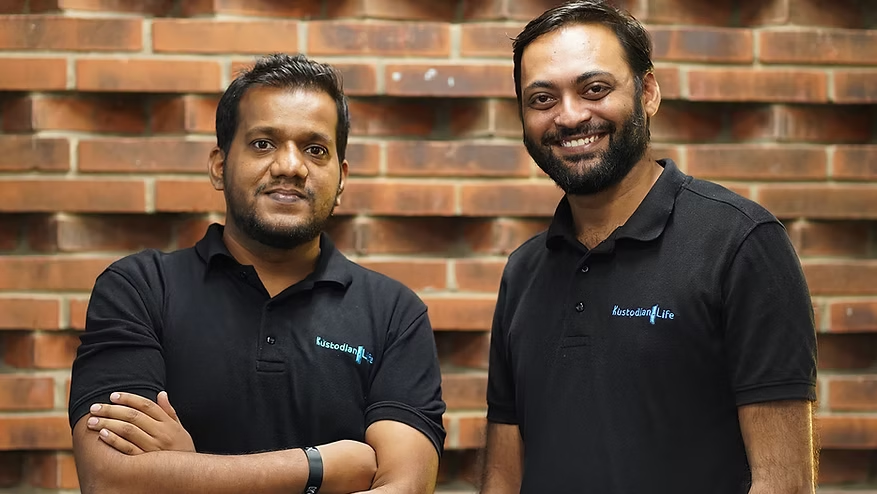India’s startup ecosystem has seen a massive boom in hyperdelivery services from groceries to smartphones being delivered within 10 to 15 minutes. Companies like Blinkit, Zepto, and Swiggy Instamart have raised billions in funding to make ultra-fast delivery a household reality.
But the question remains is celebrating hyperdelivery truly a win for India’s growth story?
This concern was recently highlighted on LinkedIn by Rajat Mohindroo, Independent Lawyer and Founding Legal Lead at SwayID, who pointed out the long-term risks of glorifying hyperdelivery while ignoring the potential of skill development for India’s youth.
The Hidden Cost of Hyperdelivery
While hyperdelivery services create convenience for urban consumers, the backbone of this model is lakhs of young delivery partners mostly in their 20s riding bikes through congested streets, often without adequate safety nets. Reports show that delivery workers face:
- Long hours and low pay with income tied heavily to incentives.
- High accident risks due to time-bound deliveries.
- Minimal social security, with many lacking health insurance or provident fund support.
In the short run, gig work provides income. But in the long run, it risks trapping millions in cycles of low-skill, unsustainable employment.
The Missed Opportunity: Skill Development
India is expected to have more than 65% of its population under 35 years old. To make the most of this young population, we should focus on skill development programs instead of just gig jobs. Investing in these programs can create much greater economic opportunities. Skills such as:
- Coding and app development
- Video editing and digital marketing
- AI and data analytics
- Photography and design
They require minimal formal education but offer high growth, scalability, and pathways to financial independence.
The Real Growth Story Lies in Skills, Not Hyperdelivery
Redirecting even a fraction of the funding that flows into hyperdelivery startups toward vocational training and digital upskilling could yield:
- Sustainable employment with career growth.
- Greater contributions to India’s digital economy.
- Improved social security and quality of life for young workers.
- A stronger foundation for innovation rather than redundancy.
The Path to Sustainable Prosperity
India’s true growth story won’t come from shaving minutes off delivery times but from empowering its youth with skills that compound over decades. Hyperdelivery may bring instant gratification, but skill development creates long-term prosperity and a stronger foundation for the nation’s economic future.
Also Read: Why India’s Next Unicorn May Skip Bengaluru And Why That’s Good News
























